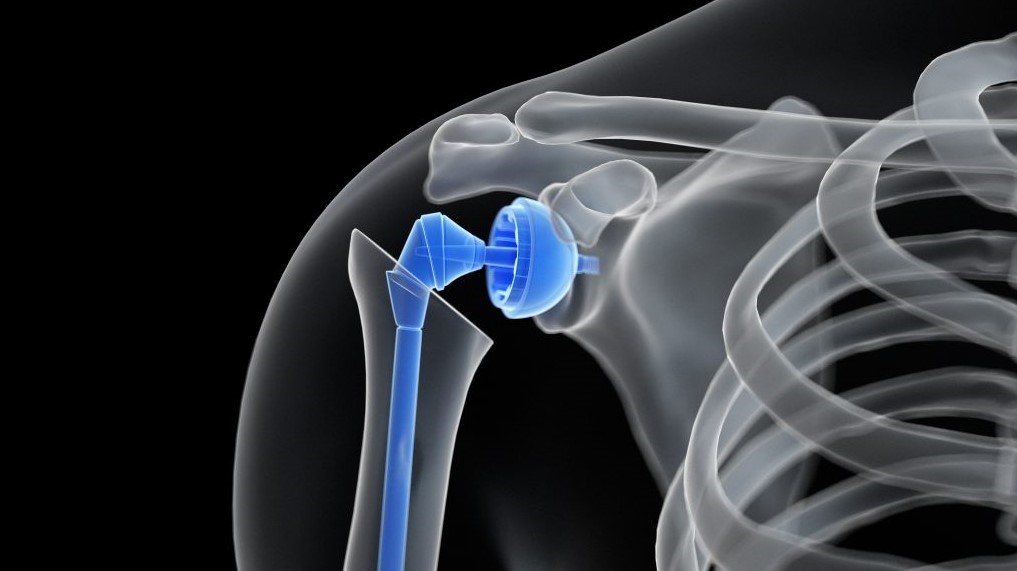Total shoulder replacement is a surgical process to restore mobility and control pain in patients having critical conditions of shoulder arthritis. A person encountering serious shoulder fracture is also recommended with the surgical treatment.
With the evolving medical practices, we now have modern ways of treating a shoulder injury, or other orthopedic conditions that cause problems in the shoulder joints. When carried out correctly, and under supervision of a qualified and experienced orthopedic surgeon, the patient can return back to activities like playing sports, practising yoga, exercises, and various other physical activities within a year or more.
Who needs total shoulder replacement?
Basically, the patients having a type of arthritis affecting the shoulder require complete replacement of the shoulder in the end-stage. If you have any of the below-mentioned types of arthritis, your orthopedist may suggest you undergo shoulder replacement surgery at some point in time.
Osteoarthritis: It is the wear and tear of the cartilage found inside the joint. The problem develops over the years and is mostly seen in older adults. Commonly, it affects the knees, fingers, hips, etc. However, osteoarthritis in the shoulder can also be a condition, mainly inactive people, both younger and older adults. Shoulder damage like fracture and torn rotator cuff are also causes of osteoarthritis.
Inflammatory arthritis: Inflammatory arthritis or IA is an umbrella term used for various autoimmune and chronic diseases that don’t have a definite cause of occurrence. The common conditions of IA that leave an impact on the shoulder are ankylosing spondylitis and rheumatoid arthritis.
It has been proven that people with these conditions who undergo total shoulder replacement surgery have noticeably lesser pain and improved shoulder functionality.
How do you prepare for the surgery?
Before you get a complete shoulder replacement fir your damaged shoulder, your surgeon will suggest undergoing a few tests, like:
- A medical examination
- X-rays, and other imaging tests
You must share your medical history with the orthopedist – te medication, health conditions, and any drug intake. You will need to sop taking ceratin medicines weeks before the surgery, specifically the narcotic painkillers.
If you smoke or consume alcohol, you must quit before the surgery. Exercise more to stay fit and active. Another significant thing to note is you shouldn’t be binge-eating on the night before the surgery.
Note: People who smoke are likely to deal with certain complications of a joint replacement surgery as compared to non-smokers.
What is the surgical process of total shoulder replacement?
Total Shoulder replacement or total shoulder arthroplasty is a surgery carried out to replace the damaged or diseased ‘ball and socket’ joint of the shoulder using a prosthesis of metal and polythylene components. In the process, the existing components of the glenoid are keeled or pegged high-molecular weight polythylene cemented component.
The cemented components are fixated by enabling the bony growth via the porous ends of the current components. In case of shoulders having inferior bone quality, the surgeon uses metal backing to improve the durability and attachment of the polythylene material.
The humeral component (fixation in the upper arm) includes an artificial metal humeral head connected to a cemented/proximally-cemented metaphyseal stem – press-fit to the humeral shaft.
The surgery takes around 3 hours and the patient is kept in observation for a week or more to check for any post-surgery conditions.
The recovery takes from a couple of weeks to months, depending on the severity of your case.
